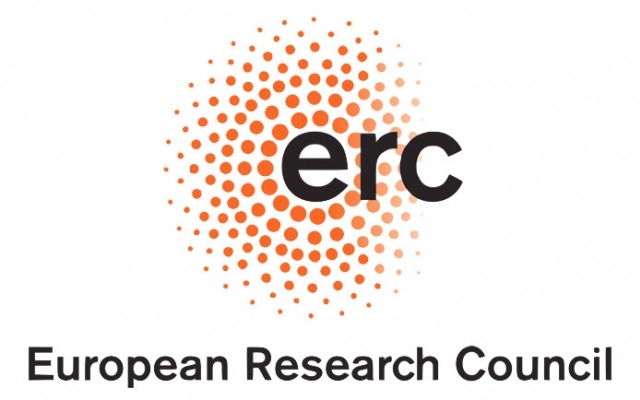research
ERC Consolidator Grants awarded to Ruben Durante and Joan Llull

Both researchers will use their Consolidator Grants to analyze complex social issues and develop new tools for policymakers.
The European Research Council (ERC) has announced the recipients of its 2023 Consolidator Grants. Part of the EU's Horizon Europe program, these highly competitive international research grants support excellent scientists and scholars at the career stage where they may still be consolidating their own independent research teams in order to pursue their most promising scientific ideas.
Only 308 out of 2,130 project proposals (around 14%) were selected in this call for the Consolidator Grants. The projects by Professor Durante and Professor Llull are two of only eight proposals selected by the ERC in the area of "Individuals, Markets and Organizations."
Current BSE Affiliated Professors at all stages of their research careers have received a total of 41 ERC grants:
- 17 ERC Starting Grants for promising researchers just establishing their careers
- 12 ERC Consolidator Grants for mid-career researchers
- 12 ERC Advanced Grants for established research leaders
Read about all the ERC projects in the BSE research community
About the new Consolidator Grants
 Political Polarization: Causes, Consequences, and Solutions
Political Polarization: Causes, Consequences, and Solutions
Ruben Durante (ICREA-UPF and BSE - on leave at the National University of Singapore)
This ERC project investigates the technological and social determinants of political polarization and its broader consequences for society, and explores possible ways to alleviate this problem, by tackling four distinct but intertwined questions:
- To what extent do personalized search engine results expose users to divergent political content and affect their political views?
- To what extent has the introduction of paywalls by online news outlets affected users’ news consumption, information inequities, and ideological segregation?
- How do technology-driven economic shocks that favor social exclusion and undermine workers’ identity influence beliefs in conspiracy theories?
- Can perspective-taking interventions offer an effective tool for reducing ideological and ethnic tensions, and promoting inter-group cooperation?
The results of this project will provide a unified framework for understanding the complex technological and social forces behind political polarization, and for formulating concrete policy recommendations on how to mitigate it.
 Optimal Immigration Policy
Optimal Immigration Policy
Joan Llull (IAE-CSIC and BSE)
International migration is a complex phenomenon that generates winners and losers in both origin and destination countries. This ERC project delves into the design of optimal immigration policies that maximize benefits for both origin and destination countries and compensates losers.
Using a sophisticated dynamic equilibrium framework, and a rich collection of datasets, the project will optimize immigration policy along five key policy instruments:
- Redistribution policies that transfer some ofthe benefits from winners to losers
- Optimal methods to assign immigrant visas
- Preferential tax schemes for high-earning foreigners that encourage positive self-selection in skills
- Selective immigration policies that are not detrimental, or even foster, origin countries’ economic development
- Spatial allocation policies for immigrants that incentivize the accumulation of skills and assimilation
The findings will provide valuable insights for policymakers seeking to harness the positive impacts of migration while mitigating potential negative effects.
Media coverage
Consolidator Grants: ERC unleashes €627m in grants to fuel excellent research across Europe (ERC Press Release)
UPF attracts four ERC Consolidator Grants in the 2023 call, which will reinforce frontier research projects (UPF Press Release, in Catalan and Spanish)
